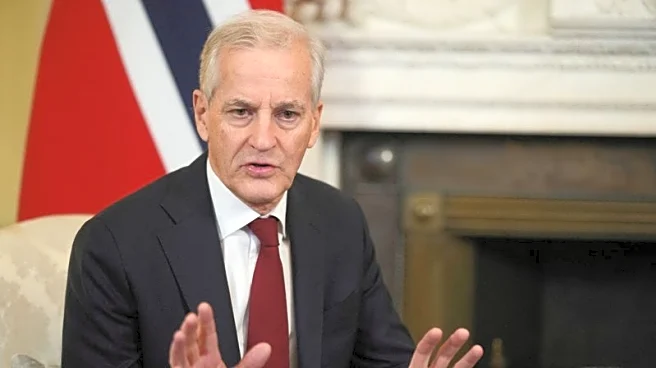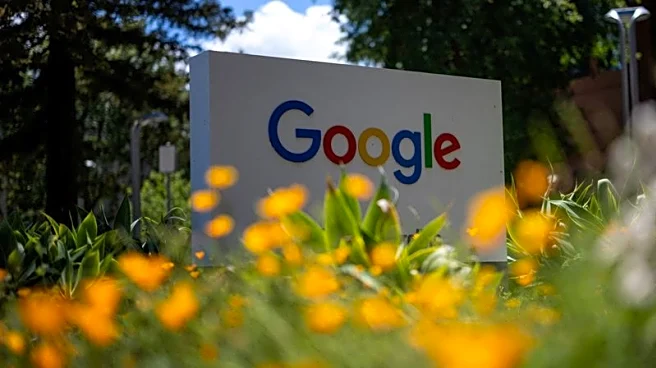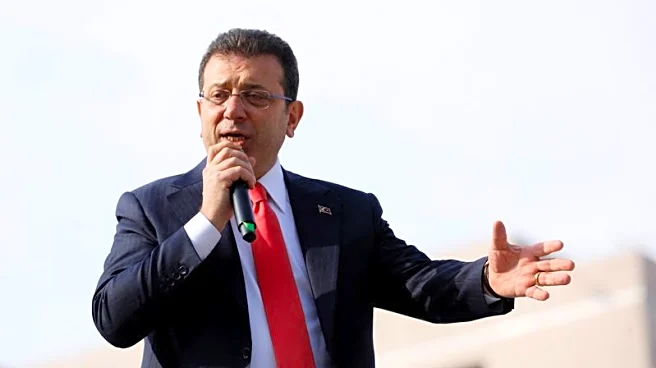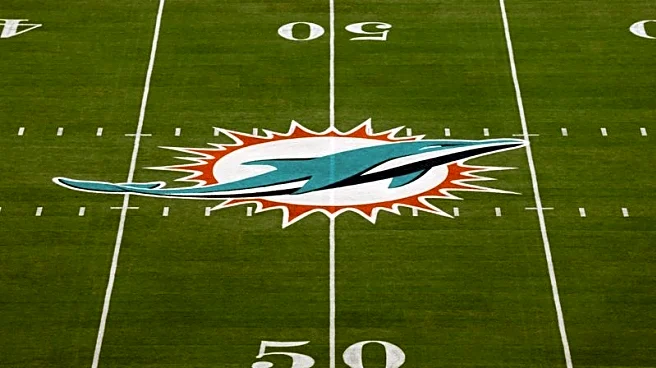Rapid Read • 8 min read
Kyle Clifford has announced his retirement from professional hockey and will transition into a player development role with the Toronto Maple Leafs. Clifford's career in the NHL spanned 753 regular-season games, during which he scored 66 goals and provided 78 assists. Known for his physical style of play, he accumulated 905 penalty minutes over his career. Clifford played for several teams, including the Los Angeles Kings, Toronto Maple Leafs, and St. Louis Blues. He was part of the Kings' Stanley Cup-winning teams in 2012 and 2014. His last appearance in the NHL was during the 2022-23 season with Toronto.
AD
Clifford's retirement marks the end of a significant era for a player known for his toughness and leadership on the ice. His transition to a player development role with the Maple Leafs is crucial as it brings his experience and championship pedigree to the organization. This move could positively impact the development of younger players within the Maple Leafs system, providing them with insights from a seasoned veteran. Clifford's presence in the development team may enhance the team's ability to nurture talent and build a competitive roster for future seasons.
As Clifford begins his new role, the Maple Leafs will likely integrate his experience into their player development strategies. His focus will be on mentoring young players and helping them adapt to the professional level. The team may also leverage his insights to improve their scouting and training programs. Clifford's transition could lead to further opportunities within the organization, potentially influencing coaching or management roles in the future.
Clifford's career shift highlights the growing trend of former players moving into developmental and managerial roles within sports organizations. This transition underscores the importance of leveraging on-field experience to enhance team operations off the ice. It also reflects a broader industry pattern where athletes contribute to sports beyond their playing days, influencing team culture and strategy.
AD
More Stories You Might Enjoy











